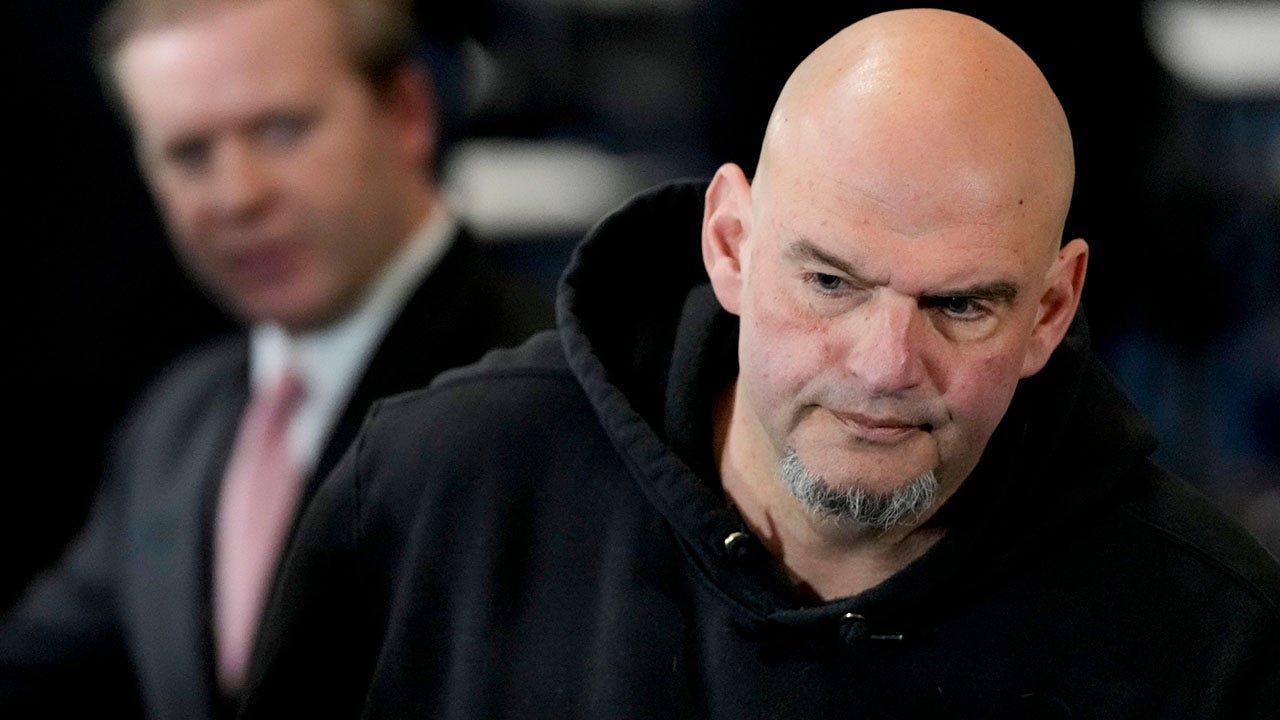Canada and Mexico’s leaders sharply criticized President Donald Trump on Saturday after he imposed a 25% tariff on imports from both countries.
In response, Canada and Mexico announced their own retaliatory tariffs on U.S. goods, escalating trade tensions among North American partners.
Canada joins Mexico in ordering retaliatory tariffs on the US. pic.twitter.com/EO7kP3kiPC
— Pop Crave (@PopCrave) February 2, 2025
Celebrate Trump’s Historic 2024 Victory with the Exclusive Trump 47th President Collection!
Canadian Prime Minister Justin Trudeau and Mexico’s President Claudia Sheinbaum Pardo confirmed they would coordinate efforts to counteract Trump’s policy, which he argued was aimed at curbing drug trafficking into the United States.
Under Trump’s directive, Canadian and Mexican imports will face a 25% tariff, while Chinese products will be taxed at a lower 10% rate.
Additionally, U.S. tariffs on Canadian energy products will be set at 10%.
In response, Canada announced a 25% tariff on $155 billion worth of U.S. goods, including alcoholic beverages such as beer, wine, and bourbon, as well as fruits, fruit juices, vegetables, perfume, clothing, and shoes.
Trudeau warned of the economic impact on both nations, emphasizing the potential hardships Canadians might face.
“Many of us will be deeply affected. A lot of people will go through dark times. We’re asking you to support one another, to be there for your friends, your neighbors, and your fellow Canadians,” Trudeau said.
He also suggested that Canadians may need to avoid American products, including Florida orange juice.
With just six weeks left in office, Trudeau condemned Trump’s tariff policy as a “threat targeting the entire country” and cautioned that it would have serious consequences for U.S. consumers and businesses.
“This is a choice that yes, will harm Canadians, but beyond that, it will have real consequences for you, the American people,” he said.
“As I have consistently said, tariffs again against Canada will put your jobs at risk, potentially shutting down American auto assembly plants and other manufacturing facilities. They will raise costs for you, including food at the grocery stores and gas at the pump.”
Trudeau suggested that the tariffs represented a betrayal of Canada, a long-time U.S. ally and trade partner.
77% of Canada’s exports go to the U.S. and 84% of Mexico’s exports go to the U.S.
They won’t win this battle
— End Wokeness (@EndWokeness) February 2, 2025
He also noted that he had been unable to reach Trump since the president’s inauguration the previous week but expressed his willingness to find a resolution that does not involve tariffs.
When asked about Trump’s warning of harsher measures if Canada retaliates, Trudeau dismissed the threat, stating that all Canadian provincial leaders supported his decision to push back.
TRUDEAU: WE’LL RETALIATE WITH 25% TARIFFS ON AMERICAN PRODUCTS
“Tonight, I am announcing Canada will be responding to the US trade action with 25% tariffs against a $155B worth of American goods.”
Source: @unusual_whales https://t.co/viKYcKNVFb pic.twitter.com/1P4l6KdgM2
— Mario Nawfal (@MarioNawfal) February 2, 2025
Earlier on Saturday, Mexico’s President Claudia Sheinbaum Pardo announced new tariffs on U.S. goods and criticized Trump for suggesting that the Mexican government collaborates with criminal organizations.
Mexico’s President Claudia Sheinbaum has ordered retaliatory tariffs on the US. pic.twitter.com/sskwOyskth
— Pop Crave (@PopCrave) February 2, 2025
“If such an alliance exists anywhere, it is in the United States armories that sell high-powered weapons to these criminal groups, as demonstrated by the United States Department of Justice itself in January of this year,” Sheinbaum said on X.
She also called out the U.S. government for failing to address the domestic fentanyl crisis.
“If the United States government and its agencies wanted to address the serious consumption of fentanyl in their country, they could, for example, combat the sale of narcotics on the streets of their main cities, which they do not do, and the money laundering generated by this illegal activity that has done so much harm to their population.”
Sheinbaum confirmed that she had instructed Mexico’s economy minister to implement “Plan B,” which includes tariff and non-tariff measures, though she did not specify what those actions would entail.
“To this end, I propose to President Trump that we establish a working group with our best public health and security teams. Problems are not resolved by imposing tariffs, but by talking and dialoguing, as we did in recent weeks with your State Department to address the phenomenon of migration; in our case, with respect for human rights,” she said.
China also responded to Trump’s tariff announcement, vowing to challenge the policy through the World Trade Organization and to implement countermeasures.
“China is strongly dissatisfied and firmly opposes this,” Beijing’s commerce ministry said in a statement, adding that it would take “corresponding countermeasures to resolutely safeguard our own rights and interests.”
The escalating trade disputes set the stage for potential economic consequences across multiple industries, as Canada, Mexico, and China each prepare their responses to Trump’s tariff policies.
The opinions expressed by contributors and/or content partners are their own and do not necessarily reflect the views of LifeZette. Contact us for guidelines on submitting your own commentary.
Read the full article here


![Trump’s Tariffs Trigger Mexico and Canada—Retaliation Incoming [WATCH] Trump’s Tariffs Trigger Mexico and Canada—Retaliation Incoming [WATCH]](https://www.rvmnews.com/wp-content/uploads/2024/11/2024.11.27-09.43-rvmnews-6746e9a5f05d9.jpg)









